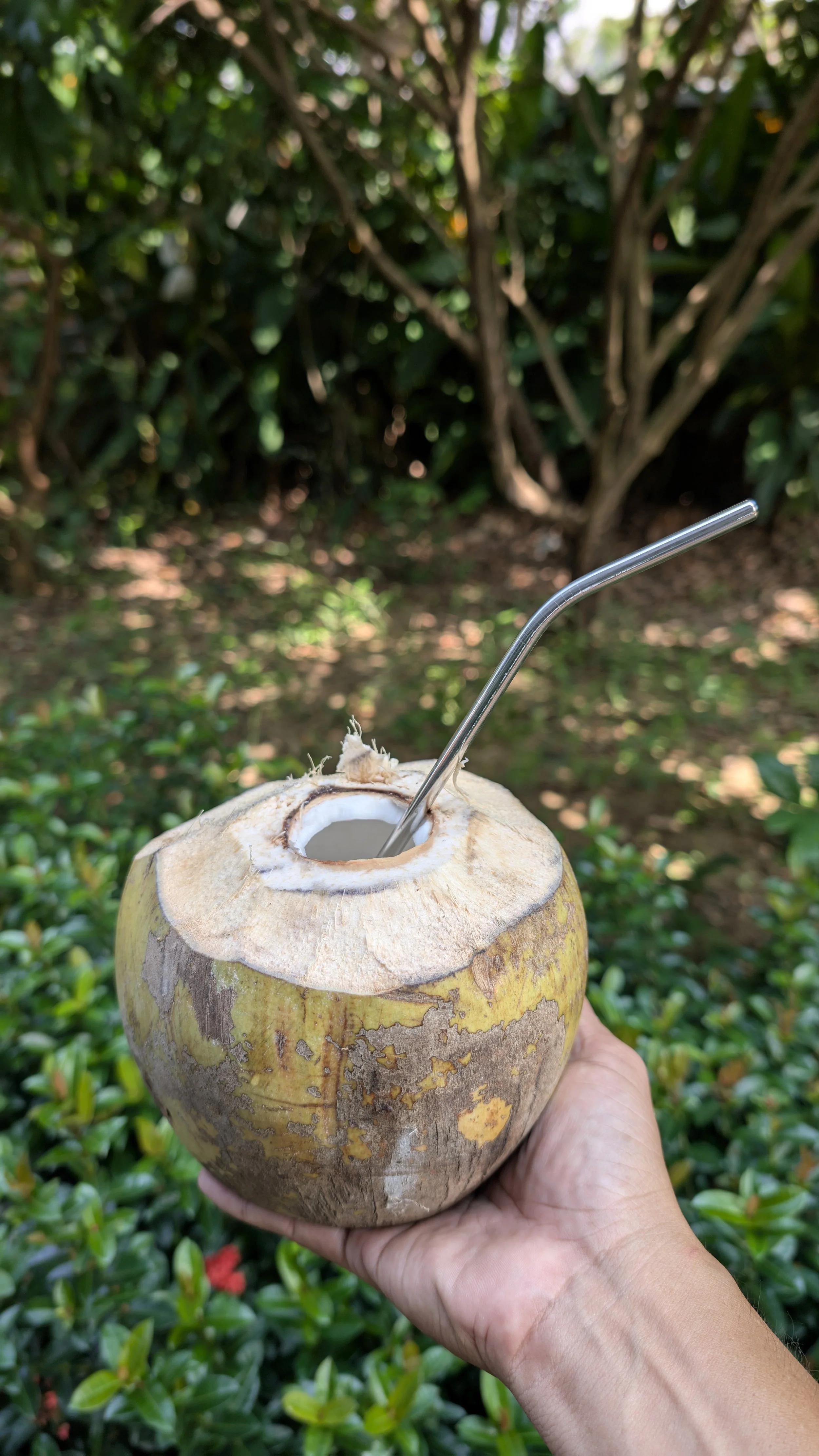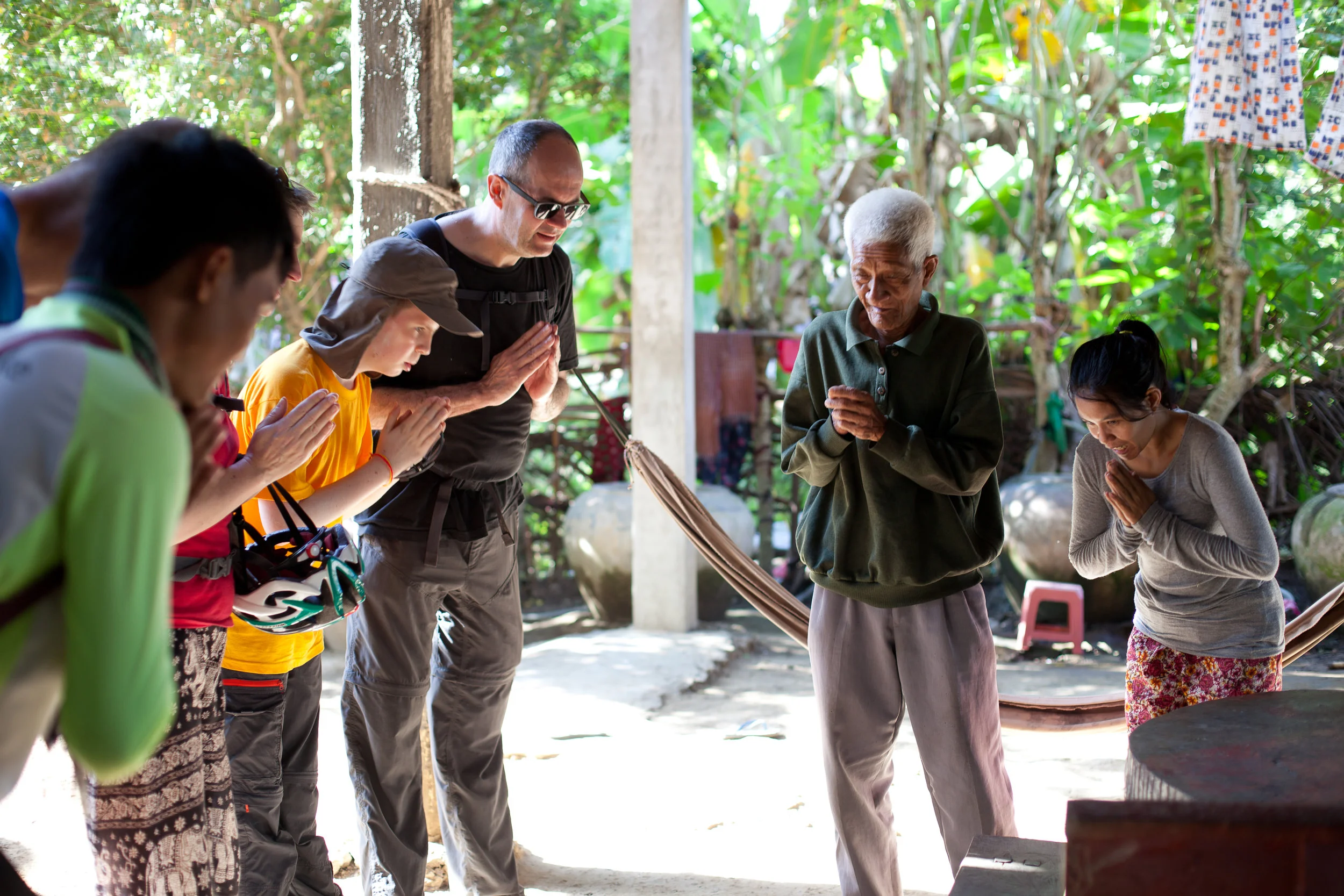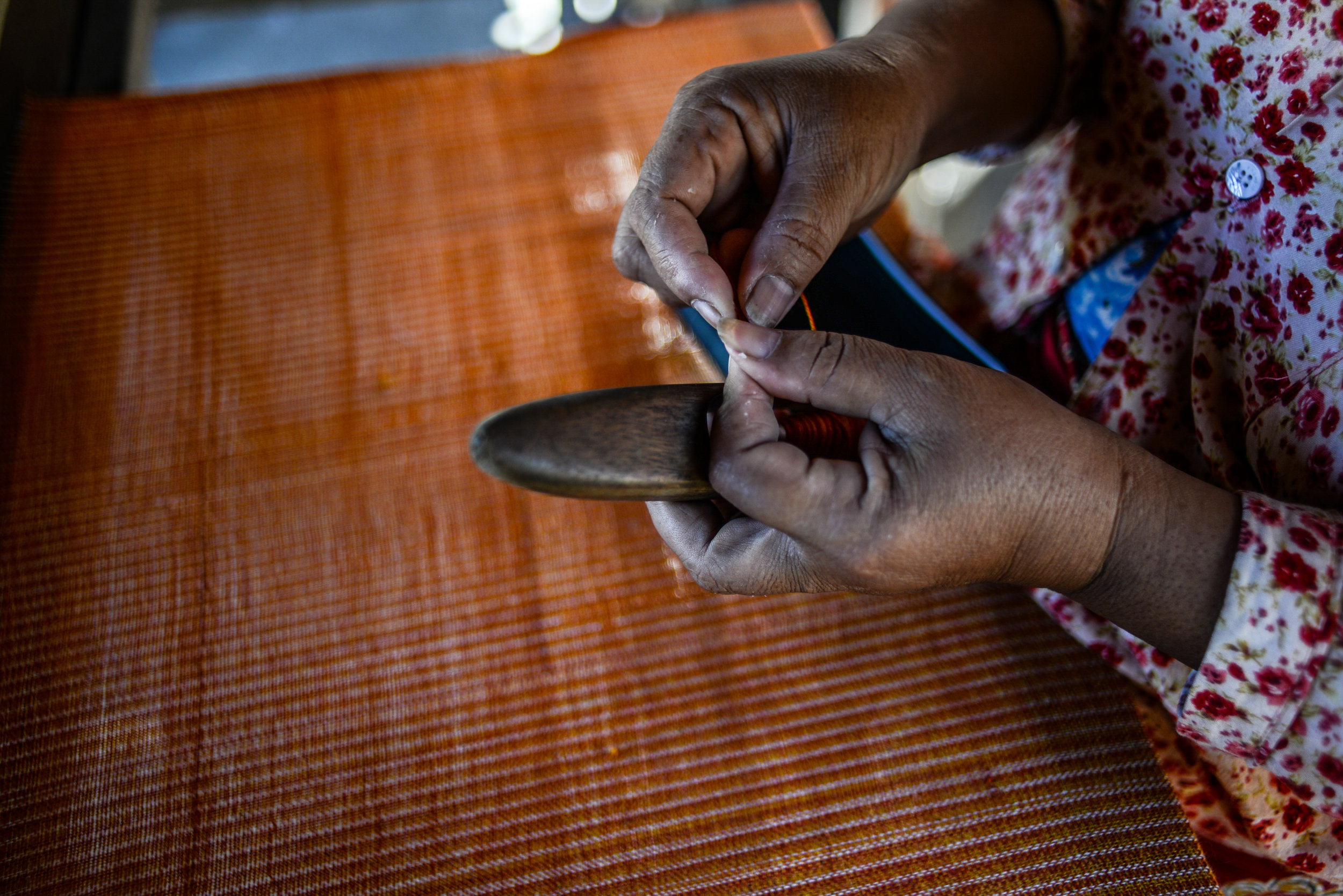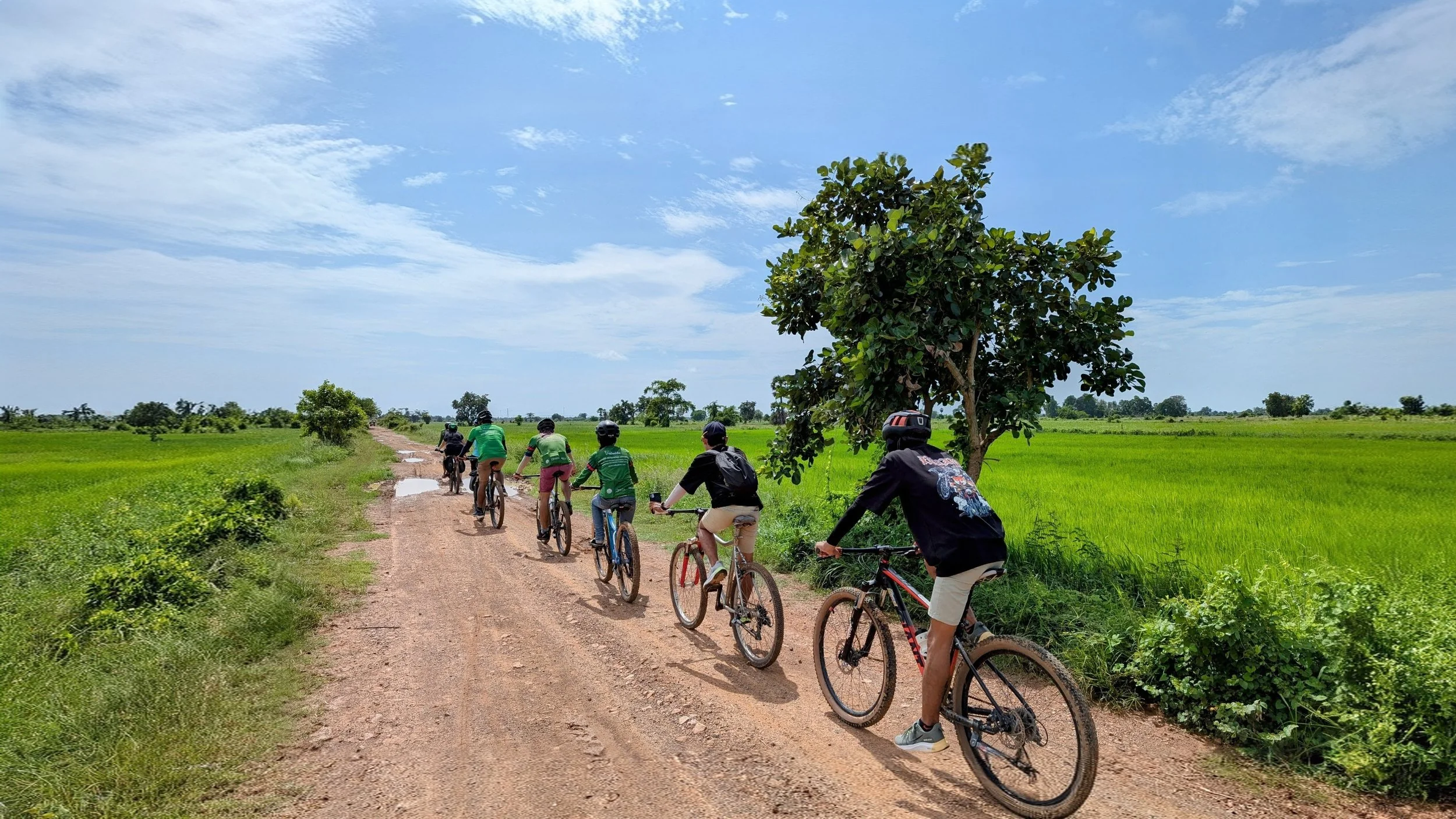Travel with Purpose in Battambang
At Soksabike, we believe tourism should be a force for good. We're deeply committed to responsible practices that benefit the people, environment, and culture of Battambang. We don't just offer tours; we create experiences that make a difference. We continuously seek feedback to ensure our practices are ethical, sustainable, and impactful.
Our Pillars of Responsible Tourism
We focus on four key areas to maximize our positive impact:
Empowering Local Communities:
Creating Opportunities: We employ local university students as guides, providing valuable work experience, fair wages, and a pathway to future careers.
Investing in People: We provide comprehensive training, scholarships, and workshops covering responsible tourism, conservation, and essential skills.
Strengthening the Local Economy: We prioritize partnerships with local, often women-run businesses, serving home-cooked meals, and sourcing locally made products.
Protecting Our Environment:
Zero-Emission Exploration: We use bicycles, offering a carbon-neutral way to discover Battambang's beauty.
Minimizing Waste: We provide reusable water bottles and actively promote waste reduction.
Respectful Group Sizes: Our small group tours (maximum 16 people) minimize our environmental footprint and ensure a more intimate experience.
Environmental Education: We educate our staff, and local students about conservation and environmental protection.
Celebrating Culture & Heritage:
Authentic Connections: We design our tours to immerse visitors in real Cambodia, fostering genuine interactions with local families and artisans.
Cultural Exchange: Our guides are trained to facilitate respectful dialogue, share local customs, and provide insights into Cambodian life.
Promoting Understanding: We educate tourists on the culture, politics, economy, and social challenges of the communities visited.
Direct Economic Benefit:
We actively promote opportunities for visitors to support local families at cottage industries.
Tourist purchases directly contribute back to the local community.
Your Journey, Their Future
When you choose Soksabike, you're not just taking a tour; you're investing in a more sustainable future for Battambang. You're supporting local jobs, empowering young people, protecting the environment, and experiencing Cambodia in a truly authentic way.










